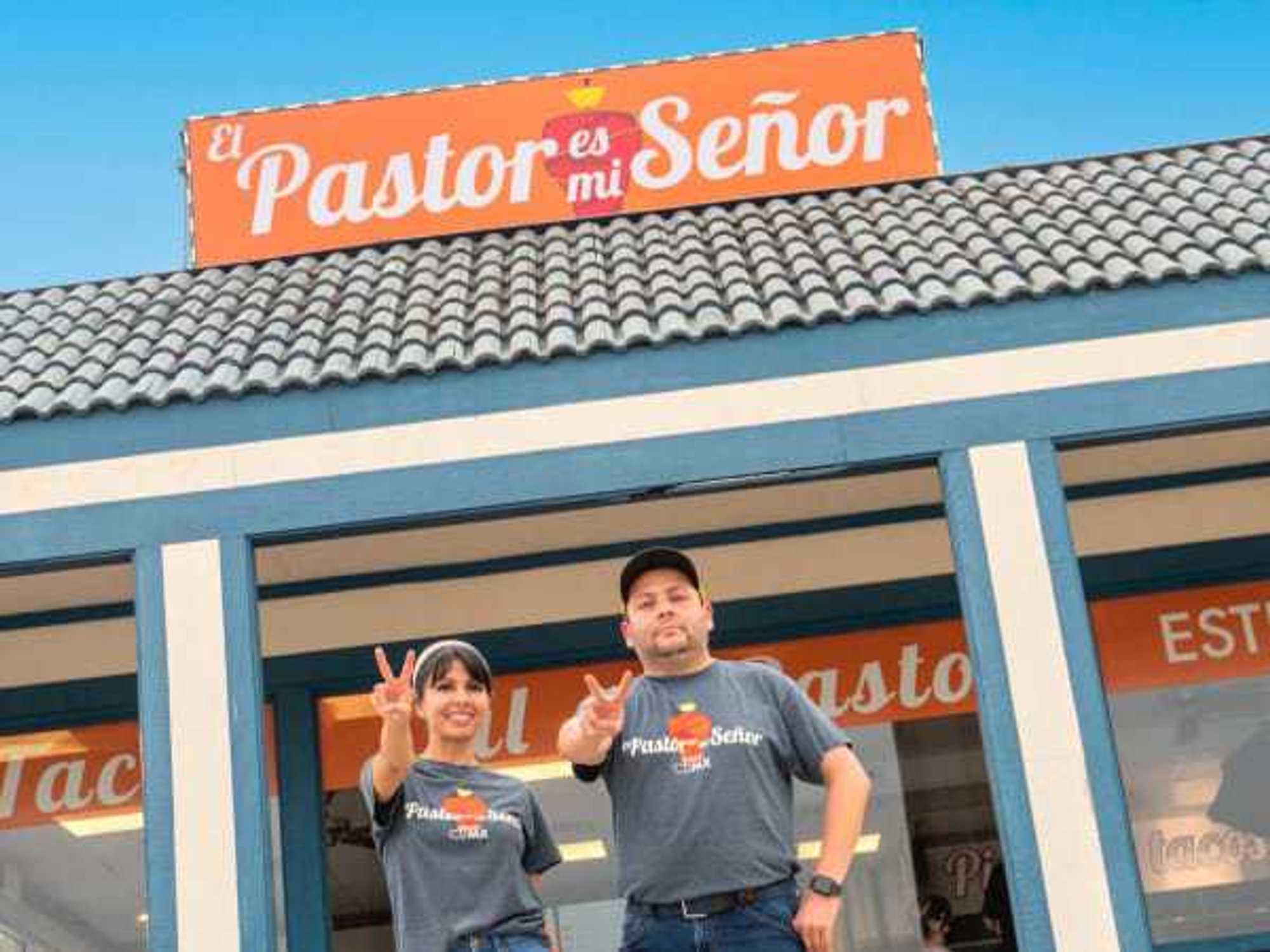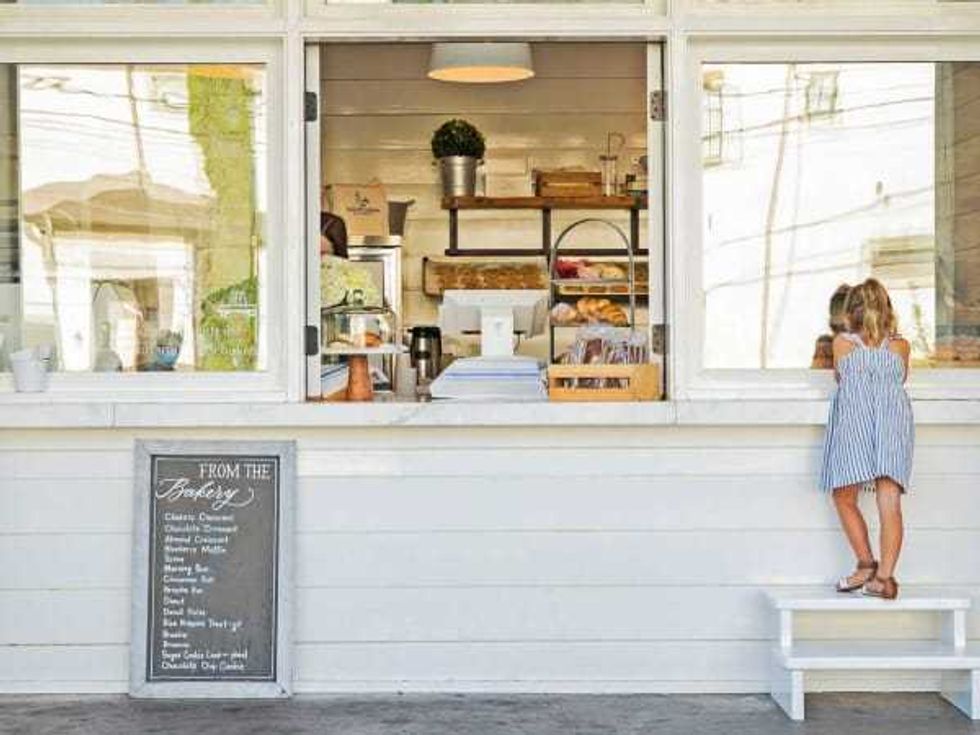Ranking It
San Antonio leads the way as a top metro for minority-owned startups

Both San Antonio and the state of Texas earn high rankings on a recent study that looked at minority-owned startups in regions across the U.S.
"Today there are nearly 170 thousand minority-owned startups in the U.S., employing over 700 thousand people and generating close to $100 billion in annual revenue," the Self Financial report says. "Based on demographic trends, these numbers are likely to grow as the population continues to diversify on racial and ethnic lines."
According to the report, 30.86 percent of startups in the San Antonio-New Braunfels metro area are minority-owned, the fourth highest percentage in the country. There are 1,675 minority-owned startups in the MSA, employing 8,871 people and bringing in more than 1 billion annually, the report found.
Joining San Antonio are Houston, No. 5, with a 30.45 percent share of minority-owned startups, and Dallas-Fort Worth, No. 9, with a minority-owned startup percentage of 24.12.
While the trio of Texas metros appears in the top 10, California claims the top three spots in the U.S. for minority-owned startups: San Jose-Sunnyvale-Santa Clara, Los Angeles, and San Bernardino.
Meanwhile, the state of Texas earns the No. 4 spot on Self Financial's state-level ranking. Nearly 27 percent of startups in Texas are minority-owned, and they employ more than 87,000 individuals and are responsible for more than $11.5 billion in annual sales, shows the report.
Still, Self Financial argues that minorities are underrepresented in the startup economy in cities, states, and throughout the U.S.
Nationwide, minorities represent about 40 percent of the population but own about 20 percent of startups, according to the study. In Texas, minorities represent about 59 percent of the population but only 27 percent of startup ownership.
Nationally, minorities in the startup economy are most represented in the accommodation, food services, and retail sectors. And the report adds that the demographic faced exceptional challenges in 2020 — from a business perspective, the largest roadblock was (and often is) access to capital.
"Minority households have lower pre-existing levels of wealth and savings to put towards a new business, while banks and other creditors are less likely to approve loans for Black or Hispanic small-business owners than they are for white business owners," the report says. "Without upfront capital to invest in a growing business, minority entrepreneurs struggle to run and scale their operations."
---
A version of this story originally was published on our sister site, InnovationMap.com.

 Tiny's Milk and Cookies operates out of order windows, like this one in Austin. Tiny's Milk and Cookies/ Facebook
Tiny's Milk and Cookies operates out of order windows, like this one in Austin. Tiny's Milk and Cookies/ Facebook